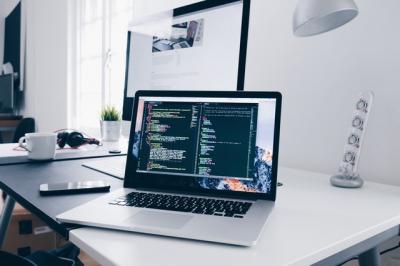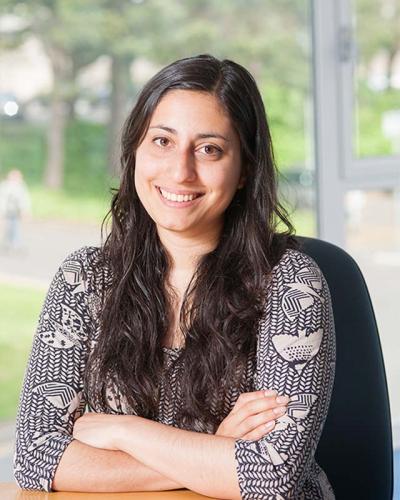Improving open source software through the SSI online sustainability evaluation
Improving open source software through the SSI online sustainability evaluation
Posted on 30 November 2021
Improving open source software through the SSI online sustainability evaluation
 Photo by Christopher Gower on Unsplash
Photo by Christopher Gower on UnsplashBy Selina Aragon, SSI Communications Lead.
The SSI Software team, led by Steve Crouch, recently collaborated with the Ersilia project to help them improve their software. After reading the article Learnings from a Software Sustainability Healthcheck, we decided to interview Ersilia’s co-founder and CSO, Miquel Duran-Frigiola, about his experience using the online sustainability evaluation service (online SES) as part of the Research Software Healthcheck service, and how the review of Ersilia’s software has influenced their plans and strategy to engage with their community.
One of the main outcomes of this collaboration has already made an impact on Ersilia’s community growth: 25 contributors and volunteers to date who regularly test the software and make suggestions for improvement.
Using the online SES and moving beyond with the Research Software Healthcheck
Named after one of Italo Calvino’s Invisible Cities, Ersilia is a charity developing open source tools to facilitate global health drug discovery, with a focus on neglected diseases. Its main goal is to distribute (‘democratise’) machine learning and data science tools to low- and middle-income countries. Ersilia mainly focusses on establishing collaborations in low-resourced settings where the costs of drug discovery are prohibitive.
None of the Ersilia team is a natural and/or experienced software developer or engineer, so Miquel and his team first answered the online SES in an effort to get feedback on their software. The online SES may appear as a long form, but Miquel comments on how it made him and his team think about different aspects of their project from what they were looking for or expecting:
“None of us comes from a computer science background. We are scientists, biologists and chemists. So we really have no idea how professional software should look. The questions were very useful to us because we got an idea of the kind of things that we should be targeting.”
Described as a checklist for software development, Miquel says that the online SES “would’ve been enough for the stage they were in at that time.” Nevertheless, his team wanted to learn more about improving their code, so they applied to the SSI Research Software Healthcheck. Not all projects are accepted as various characteristics need to align, but Ersilia was successful and the team went on to have two feedback meetings after their application.
When Steve Crouch and RSE James Graham first met with the Ersilia team it was not to review their code, but more to provide them with tips around how to improve documentation, and the sustainability of their software, including building a community and creating channels to engage with them.
Since Ersilia isn’t aimed at the general public, the team was worried they wouldn’t have many contributors: “Building a community is something that we had in mind from the beginning. We just didn't know how to do it.” However, Miquel reports that:
“Since speaking to Steve and James, we have set up a Slack channel, slowly built a community of 25 people who are quite active – they try the software, make suggestions, help us improve, etc.”
Ersilia will soon be developing contributor guidelines, as well as developing strategy around community building.
Should you answer the online SES?
As part of his interview, Miquel mentioned:
“I understood very quickly that the service was here to help, not to judge me. So I would recommend that people just apply no matter the current status of their code.”
One of the things we come across the most in research software development is people not feeling confident enough to show their code to anyone else, especially if there’s feedback coming their way. This is a common trope, however the SSI's help focuses on support – we believe in providing resources and assistance to help people improve their code and therefore their research results, including guides, the online SES, and the Research Software Healthchecks.
About the online SES
The online sustainability evaluation is a service developed and provided by the SSI, and it has been an active part in evaluating and encouraging better research software practices since 2012. It asks a series of questions on various aspects of software such as the software itself, support, testing, documentation, etc., and it’s been used by over 400 projects to date. Its ultimate goal is to provide a set of recommendations on the sustainability of software and signpost towards good practice.
The online SES takes about 15 minutes to complete the questionnaire, which gives you the opportunity to review the main issues that affect the sustainability of your software. At the end of the evaluation, a report is generated and emailed to you with sustainability advice that is tailored to your project. Our Software team also runs Research Software Healthchecks every two months, and projects can apply to request a lightweight review of their software. Answering the online SES in its entirety before applying to a healthcheck is a must.
Watch this walk-through video of the online SES.

